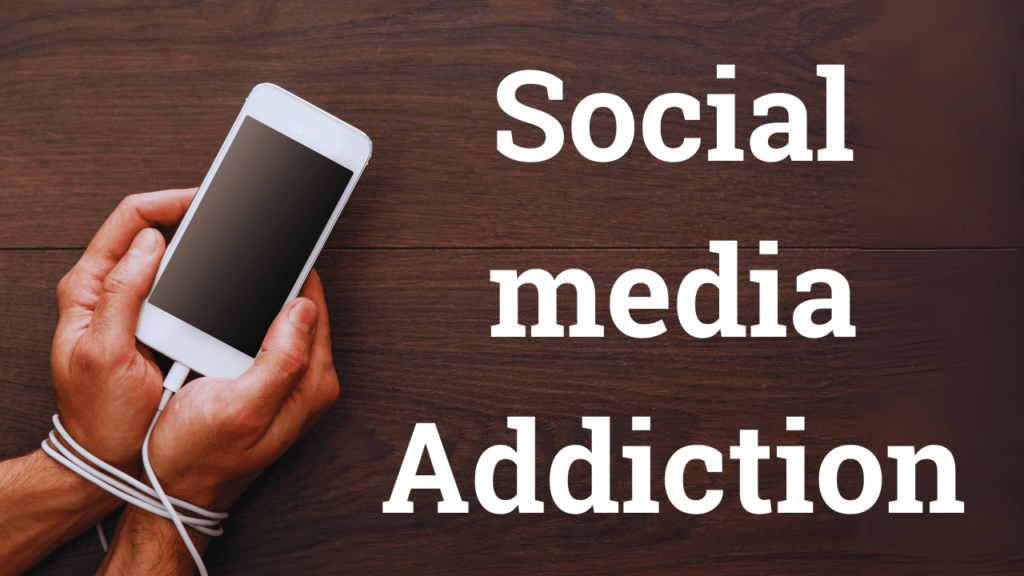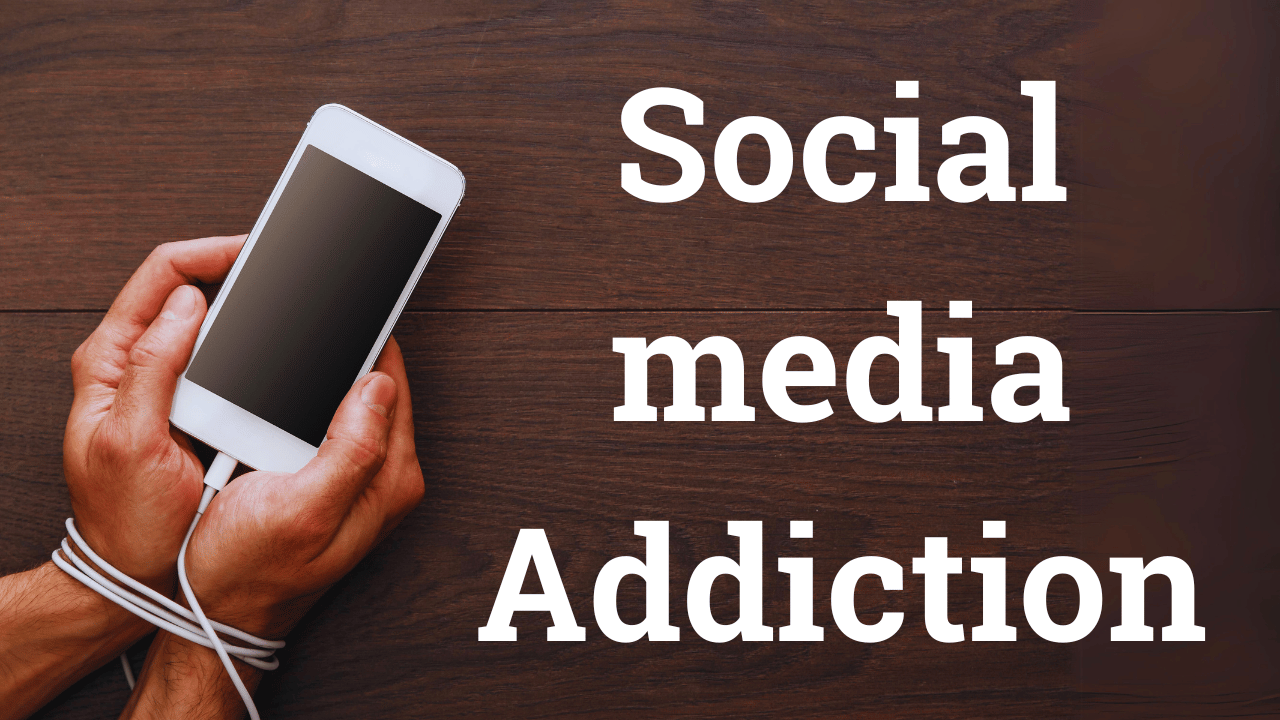
Are you addicted to likes?
In our hyper-connected world, social media has become an inseparable part of our lives. With billions of users worldwide, platforms like Facebook, Instagram, and Twitter have transformed the way we communicate, consume information, and perceive reality. But beneath the shiny veneer of endless scrolling and curated perfection lies a darker truth: the potential for profound negative impacts on our mental health.
The Illusion of Perfection
Social media is a carefully constructed highlight reel. It’s a platform where people showcase their best moments, filter their flaws, and curate an image of a perfect life. This constant exposure to idealized realities can foster feelings of inadequacy and low self-esteem. We start comparing our behind-the-scenes struggles with others’ carefully crafted public personas, leading to a downward spiral of self-doubt.
The FOMO Factor
Fear of Missing Out (FOMO) is a common affliction in the age of social media. The constant stream of updates about friends’ adventures, career successes, and happy moments can create a sense of urgency and dissatisfaction with our own lives. This can lead to anxiety, stress, and a compulsive need to stay connected, even at the expense of real-life experiences.
The Mental Health Epidemic
Research has linked excessive social media use to a range of mental health issues, including depression, anxiety, and loneliness. The constant barrage of negative news, cyberbullying, and online trolling can create a toxic environment that erodes our well-being. Moreover, the addictive nature of these platforms can disrupt sleep patterns, leading to further mental health challenges.
Reclaiming Your Life
While it’s impossible to completely disconnect from the digital world, taking steps to reduce social media consumption can significantly improve mental health. Here are some tips:
- Set boundaries: Establish specific times for social media use and stick to them.
- Practice mindfulness: Focus on the present moment and reduce stress.
- Cultivate real-world connections: Prioritize face-to-face interactions with friends and family.
- Seek support: Talk to a therapist or join a support group if you’re struggling.
Remember, social media is a tool, not a lifeline. By understanding its potential drawbacks and taking proactive steps to protect your mental health, you can harness the benefits of technology while minimizing its negative impacts.

